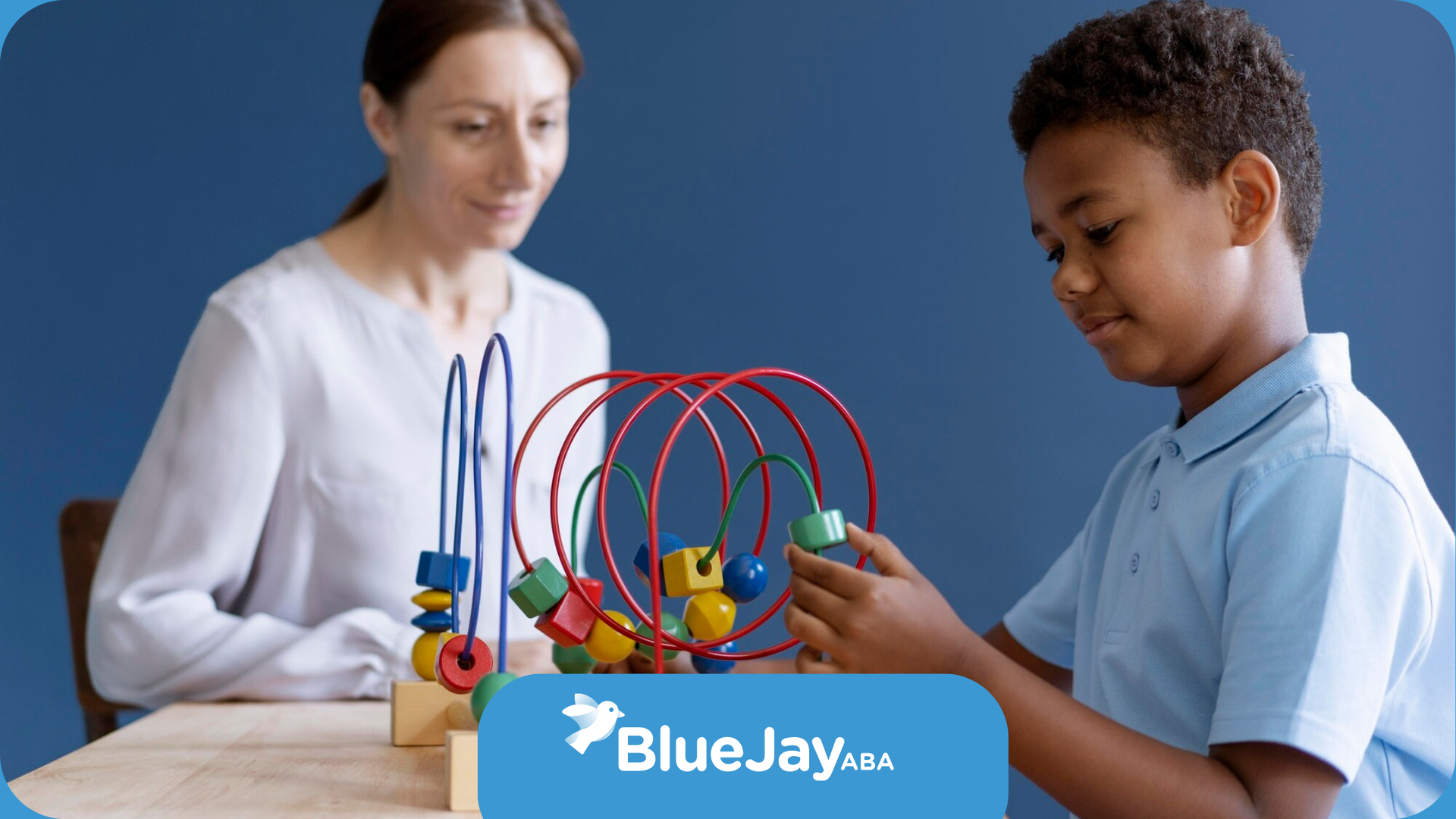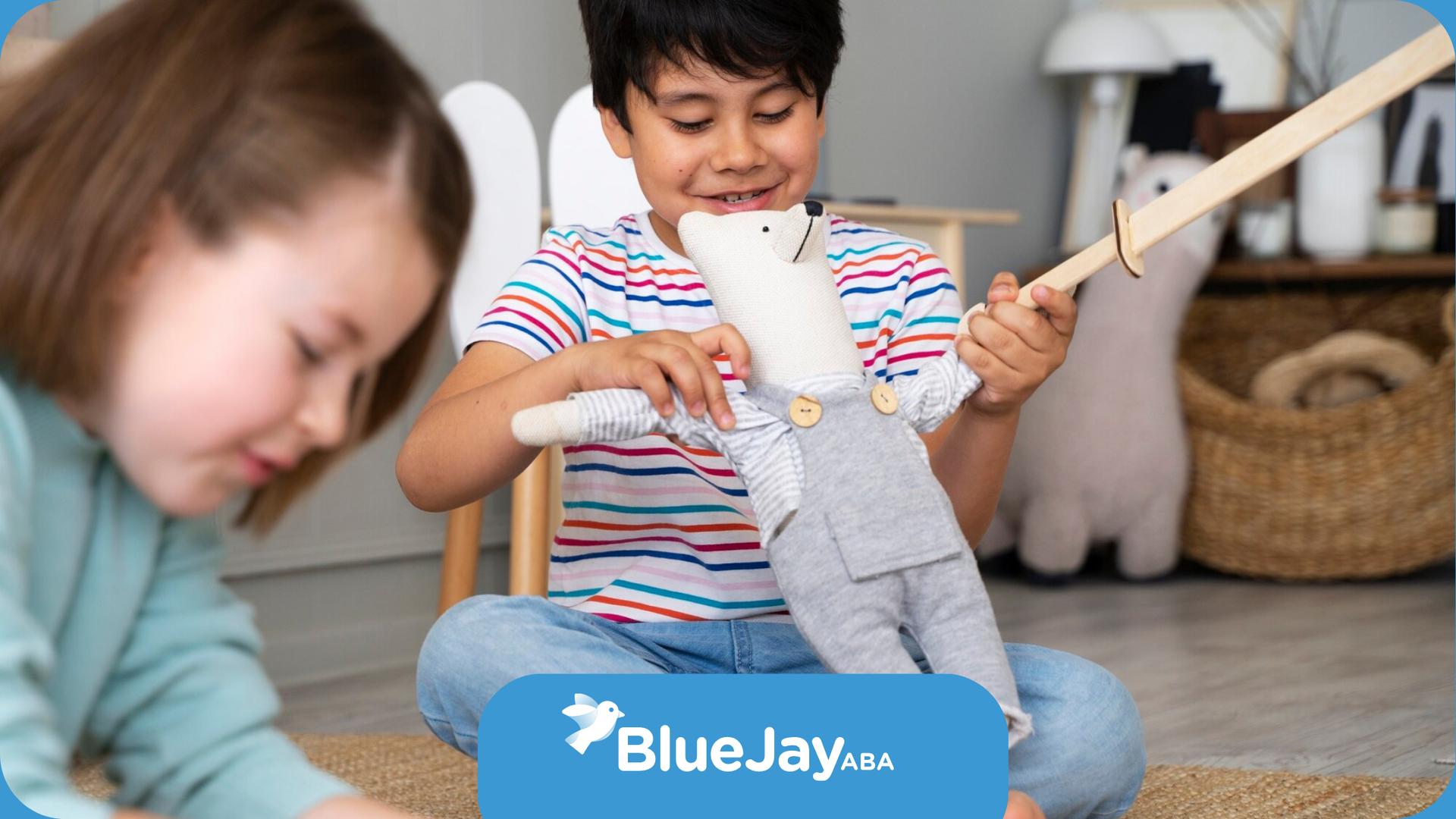Strength in Unity: Building Autism Sibling Support Networks
Understanding Autism Sibling Support
Importance of Sibling Support
Sibling support is crucial in families affected by autism. The support provided by siblings fosters understanding, acceptance, and empathy towards their sibling with autism. Siblings play a significant role in creating inclusive environments and nurturing unique relationships within the family.
The bond between siblings can be particularly special, as the child with autism may be more social or verbal with their typically developing sibling than with anyone else. This dynamic allows siblings to find creative ways to interact and play, fostering positive relationships.
Challenges Faced by Siblings
Siblings of children with autism face unique challenges. They often experience stress due to the additional responsibilities and the need to adapt to the family schedule dictated by the needs of their sibling with autism.
Open communication is essential to help siblings express their feelings without judgment. This can provide them with the encouragement needed to overcome adversity and develop coping strategies.
Growing up with a sibling with autism can lead to both positive and negative outcomes. Siblings may experience less conflict in their relationship, increased family resilience, and a more positive opinion of their sibling relationship. They may also develop positive psychosocial and emotional traits, such as empathy and maturity.
| Challenges Faced by Siblings | Positive Outcomes |
|---|---|
| Increased stress | Less conflict in sibling relationship |
| Additional responsibilities | Increased family resilience |
| Adapting to family schedule | Positive psychosocial and emotional development |
| Need for coping strategies | Feelings of empathy and increased maturity |
For more information on supporting siblings and fostering positive family dynamics, visit our articles on autism support for parents and autism family therapy.
Resources for Autism Sibling Support
OAR's Autism Sibling Support Initiative
The Organization for Autism Research (OAR) has developed a comprehensive Autism Sibling Support initiative aimed at providing guidance and resources for young children, teenagers, and parents. This initiative recognizes the unique challenges, responsibilities, and emotions faced by individuals who have a brother or sister with autism.
OAR's initiative includes several key resources designed to address the needs of siblings at different stages of life:
- "Autism, My Sibling, and Me": A guide tailored for young children to help them understand and cope with having a sibling with autism.
- "Life as an Autism Sibling: A Guide for Teens": A resource for teenagers that provides insights and strategies for managing the complexities of growing up with an autistic sibling.
- "Brothers, Sisters, and Autism: A Parent’s Guide": A comprehensive guide for parents to support their children in navigating the dynamics of having a sibling with autism.
These resources aim to foster understanding, empathy, and resilience among siblings, helping them to build strong, supportive relationships with their autistic brothers and sisters.
Practical Guidance and Materials
In addition to OAR's initiative, there are various practical resources available to support siblings of individuals with autism. One such resource is the Sibling Box, an all-in-one set of materials designed for families to use with siblings. The Sibling Box includes conversation starters, kid-friendly recipes, activities, and games, available in both printable and electronic formats.
| Resource | Description | Format |
|---|---|---|
| "Autism, My Sibling, and Me" | Guide for young children | Printable, Electronic |
| "Life as an Autism Sibling: A Guide for Teens" | Guide for teenagers | Printable, Electronic |
| "Brothers, Sisters, and Autism: A Parent’s Guide" | Guide for parents | Printable, Electronic |
| Sibling Box | Conversation starters, recipes, activities, games | Printable, Electronic |
Supporting siblings of autistic children involves reinforcing their strong character and good behavior by praising them and giving them extra privileges. This can boost their confidence and attitude, making them feel appreciated and valued. Additionally, involving siblings in simple tasks to help their special needs brother or sister can foster a sense of belonging and importance, leading to a stronger bond and a more supportive family dynamic.
Strategies for Supporting Siblings
Supporting siblings of children with autism is essential for fostering a harmonious family environment. Implementing effective strategies can help siblings feel valued and understood, while also promoting positive relationships within the family.
Encouraging Open Communication
Open communication is crucial in providing autism sibling support. Siblings of children with autism often have unique insights into the family situation, and it is important for parents to listen to what siblings are trying to communicate. Establishing open and honest communication early on can help siblings feel comfortable asking questions or expressing concerns or frustrations.
Parents should ensure that typically developing children understand what autism is by explaining it in a way that is appropriate to their age and understanding. This ongoing dialogue about autism helps siblings better comprehend their brother or sister with autism, fostering empathy and understanding. Encouraging siblings to share their feelings and experiences can also help them feel more connected and supported.
Building Strong Relationships
Building strong relationships between siblings is essential for creating a supportive family environment. Teaching siblings how to engage with their sibling who has autism can be facilitated through simple games involving giving instructions and offering praise. Encouraging shared activities between siblings may increase the time they spend together and enhance the quality of their interactions.
Parents should recognize and appreciate the unique strengths and skills of siblings, as they can play a significant role in supporting and interacting with their sibling with autism. Siblings can contribute positively to the relationship by being creative in finding ways to engage and play with their brother or sister with autism. The special bond between typical siblings can still exist when one sibling has autism. Parents may observe that the child with autism is more social or verbal with their typically developing sibling than with anyone else.
Impact on Siblings' Well-being
Psychological Well-being
The psychological well-being of siblings of individuals with autism can be significantly impacted by their unique family dynamics. Studies indicate that non-autistic siblings often experience decreased psychological well-being, less perceived social support, increased aggressiveness, conflict-proneness, and higher levels of anxiety and stress. These factors can contribute to a lower quality of life (QoL) for these siblings.
| Psychological Impact | Description |
|---|---|
| Anxiety | Higher levels of anxiety compared to control groups |
| Aggressiveness | Increased aggressiveness and conflict-proneness |
| Social Support | Less perceived social support |
| Stress | Higher levels of stress |
Additionally, siblings of autistic individuals may show lesser positive attitudes about their relationship with their brother or sister when compared to siblings of people with an intellectual disability. This can potentially lead to the development of depressive and anxious symptomatology.
However, it is also important to note that some studies have shown that siblings of individuals with autism can be socially and emotionally well-adjusted, with low levels of loneliness and no more likely to have adjustment problems than comparison siblings. Siblings living in larger families were more likely to be well-adjusted, and high levels of social support were reported among many siblings.
Coping Mechanisms and Support
Coping mechanisms and support systems play a crucial role in the well-being of siblings of individuals with autism. Effective coping strategies can help mitigate the psychological impact and improve their overall quality of life.
- Encouraging Open Communication: Open communication within the family can help siblings express their feelings and concerns. This can reduce feelings of isolation and anxiety. For more on fostering communication, visit our section on encouraging open communication.
- Building Strong Relationships: Strengthening the bond between siblings can provide emotional support and a sense of security. Engaging in shared activities and spending quality time together can enhance their relationship.
- Seeking Professional Support: Professional support, such as autism family therapy, can provide siblings with the tools and strategies needed to cope with their unique family dynamics. Therapy can also address any underlying psychological issues and promote mental well-being.
- Utilizing Support Networks: Joining support groups and networks can provide siblings with a sense of community and shared experiences. These networks can offer practical advice, emotional support, and a platform to connect with others in similar situations. For more resources, visit our page on autism resources for families.
- Promoting Self-Care: Encouraging siblings to engage in self-care activities can help them manage stress and maintain their mental health. Activities such as exercise, hobbies, and relaxation techniques can be beneficial.
By implementing these coping mechanisms and support strategies, families can help improve the psychological well-being of siblings of individuals with autism. It is essential to recognize and address their unique needs to ensure their overall health and happiness.
Long-term Considerations
Family Dynamics and Responsibilities
Family dynamics play a crucial role in the long-term well-being of siblings of individuals with autism. Non-autistic siblings often inherit significant family care responsibilities from their parents. These responsibilities can include providing emotional support, assisting with daily activities, and managing healthcare needs.
The distribution of these responsibilities can impact the sibling's own life choices, including career paths and personal relationships. It's essential for families to have open discussions about these roles and to ensure that all members feel supported and prepared for the future.
| Responsibility | Impact on Sibling |
|---|---|
| Emotional Support | Increased stress and anxiety |
| Daily Activities | Limited personal time |
| Healthcare Management | Potential career influence |
Quality of Life and Future Support
The quality of life (QoL) of non-autistic siblings is significantly impacted by their sibling's autism condition. Studies indicate that these siblings experience decreased psychological well-being, less perceived social support, increased aggressiveness, conflict-proneness, and higher levels of anxiety and stress. However, siblings living in larger families or those with high levels of social support tend to be more well-adjusted.
To improve the quality of life for these siblings, it is important to focus on family-centered professional support and to involve extended family members in caregiving. Disability services should adopt family approaches to intervention, ensuring that all family members receive the necessary support.
| Factor | Impact on QoL |
|---|---|
| Psychological Well-being | Decreased |
| Social Support | Less perceived |
| Aggressiveness | Increased |
| Anxiety and Stress | Higher Levels |
Final Thoughts
Supporting siblings of children with autism is essential for fostering empathy, resilience, and a strong family bond. By encouraging open communication, providing access to helpful resources, and recognizing the unique challenges siblings face, families can create a nurturing environment for all children.
If you're looking for expert guidance on fostering positive sibling relationships and comprehensive autism support, Blue Jay ABA is here to help. Contact us today to learn more about our tailored ABA therapy services!
Sources:
- https://www.autismparentingmagazine.com/autism-siblings-support/
- https://www.gvsu.edu/autismcenter/resources-for-siblings-356.htm
- https://pmc.ncbi.nlm.nih.gov/articles/PMC3657443/
- https://www.ncbi.nlm.nih.gov/pmc/articles/PMC9918204/
- https://researchautism.org/
Need Assistance?
We’re Here to Help
Our expert team is ready to support your child’s development and well-being.
We are committed to offering tailored ABA therapy solutions that promote growth.
Contact us today for Professional ABA Therapy.
Related Posts
MENU
GET IN TOUCH
STAY CONNECTED
Join our newsletter and find out more
NewsletterFooter
We will get back to you as soon as possible
Please try again later








